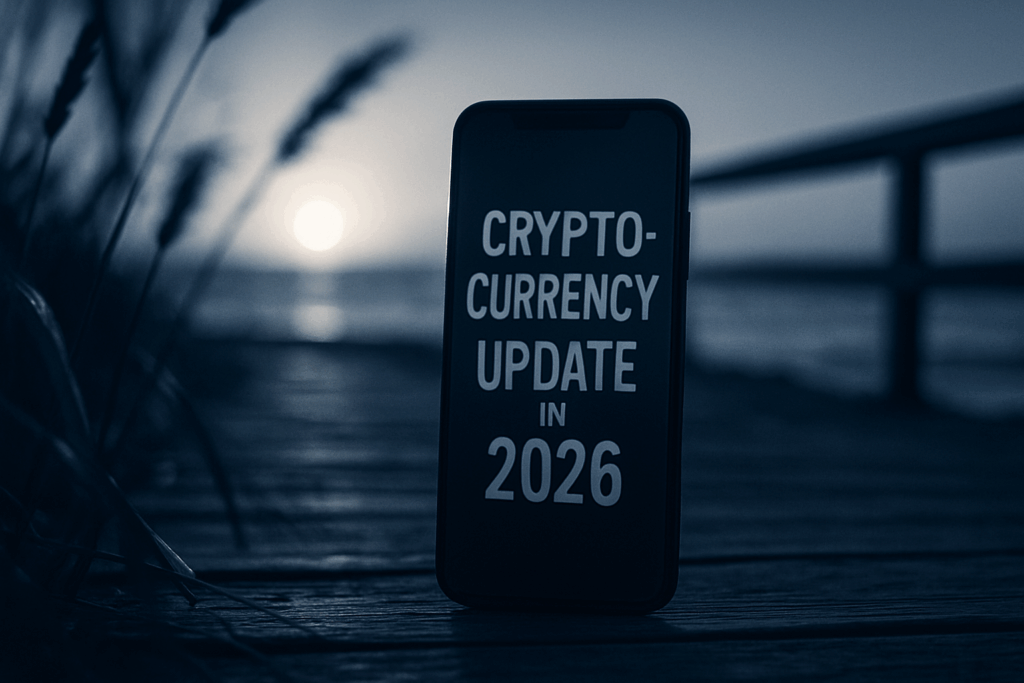Exciting times are ahead in the world of decentralized finance as innovative DeFi tokens make their mark on the market. As an avid follower of cryptocurrency trends, I’ve witnessed a surge of creativity and ingenuity in the development of these new tokens. From unique utility features to groundbreaking governance models, these DeFi tokens are reshaping the landscape of digital assets.
In my exploration of the latest DeFi offerings, I’ve come across a diverse range of projects that are pushing the boundaries of what’s possible in the decentralized finance space. With a keen eye for innovation, I’ll delve into the intricacies of these tokens, highlighting their key features and potential impact on the market. Join me on this journey as we uncover the most promising and groundbreaking DeFi tokens that are set to revolutionize the way we think about finance.
Understanding DeFi Tokens
DeFi tokens are digital assets that operate within decentralized finance ecosystems, utilizing blockchain technology to facilitate financial activities without traditional intermediaries. These tokens represent ownership in various DeFi platforms and protocols, enabling users to participate in governance decisions, stake assets, or access specific services within the ecosystem.
What Are DeFi Tokens?
DeFi tokens, short for decentralized finance tokens, are blockchain-based assets that provide access to a wide range of financial services in a decentralized manner. These tokens often serve multiple purposes, such as governance rights, incentivization mechanisms, or utility within specific DeFi protocols. Examples include governance tokens like COMP in Compound or utility tokens like UNI in Uniswap, each serving a unique function within their respective platforms.
Why Are They Important?
DeFi tokens play a crucial role in transforming the traditional financial landscape by enabling users to interact directly with decentralized applications and protocols. These tokens allow for financial inclusion, transparency, and efficiency by removing the need for intermediaries and providing decentralized governance structures. Additionally, DeFi tokens incentivize active participation in the ecosystem through rewards, governance voting, and protocol improvements, driving innovation and growth within decentralized finance.
Categories of Innovative DeFi Tokens
I’ll now delve into different categories of innovative DeFi tokens to provide a deeper insight into their functionalities and purposes.
- Lending and Borrowing Tokens
Lending and borrowing tokens play a crucial role in DeFi ecosystems, facilitating peer-to-peer lending without the need for traditional financial institutions. These tokens allow users to lend their assets to earn interest or borrow assets by providing collateral. Examples of lending and borrowing tokens include AAVE (AAVE), Compound (COMP), and MakerDAO (MKR). They provide users with opportunities to earn passive income through lending or access to liquidity through borrowing, all within a decentralized framework. - Yield Farming and Liquidity Providers
Yield farming tokens are designed to optimize returns for users by leveraging various DeFi protocols and strategies. These tokens incentivize users to provide liquidity to decentralized exchanges and other platforms in exchange for rewards. Projects like Uniswap (UNI), SushiSwap (SUSHI), and Curve Finance (CRV) are notable examples of platforms that offer yield farming opportunities. By being liquidity providers, users can earn additional tokens as rewards, boosting their overall returns in the DeFi space.
Spotlight on New DeFi Tokens
Tokens With Unique Uses
Exploring the realm of decentralized finance reveals an array of innovative DeFi tokens with fascinating applications. These tokens offer novel use cases that revolutionize traditional financial practices and empower users with unprecedented opportunities. From governance tokens enabling decentralized decision-making to utility tokens providing access to platform features, each token serves a distinct purpose in the evolving DeFi landscape.
Impact on Traditional Financial Systems

The emergence of innovative DeFi tokens has begun to reshape traditional financial systems by challenging the status quo and introducing disruptive technologies. These tokens are redefining the way individuals interact with financial services, offering greater accessibility, transparency, and control over their assets. As DeFi tokens gain prominence, they pose a significant impact on traditional financial institutions, prompting a shift towards more efficient, decentralized financial solutions.
Challenges and Risks of Investing in DeFi Tokens
When considering investing in DeFi tokens, understanding the associated risks is crucial for making informed decisions. Here are some key aspects to consider before diving into the world of decentralized finance:
Understanding Smart Contract Risks
Smart contracts, while innovative, are not immune to vulnerabilities. Flaws in smart contract code can result in significant financial losses for investors. It’s essential to conduct thorough audits and due diligence to mitigate the risk of exploitation by malicious actors.
Regulatory and Security Concerns
Regulatory uncertainties surrounding DeFi tokens can pose challenges for investors. Shifts in regulatory frameworks and compliance requirements may impact the market value and utility of these tokens. Additionally, the decentralized nature of DeFi can attract security threats, emphasizing the need for robust security measures to safeguard investments.
Future Trends in DeFi Tokens
Technological Advancements
Innovations in blockchain technology are driving the evolution of DeFi tokens. Upgrades such as Layer 2 solutions and interoperability protocols enhance transaction speeds and reduce costs. Smart contract platforms like Ethereum are exploring scalability solutions to address high gas fees and network congestion, paving the way for more efficient DeFi token operations.
Predictions for Market Growth
The DeFi token market is poised for substantial growth in the coming years. Analysts project a significant increase in total value locked (TVL) in DeFi protocols as more users migrate towards decentralized financial services. The integration of decentralized oracles and advanced risk management tools will further boost confidence in DeFi token investments, attracting traditional investors to this burgeoning sector.


